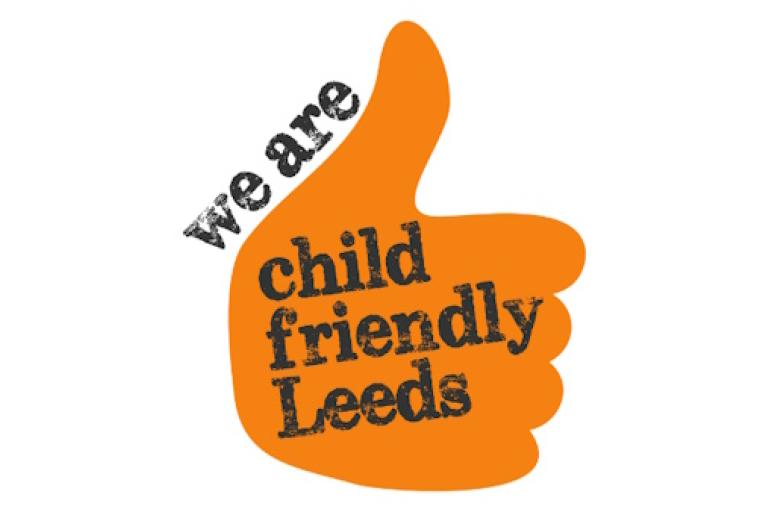What is the Return Interview Service
The Return Interview Service are a team of youth workers who offer Return Interviews to any Leeds child or young person aged 17 or under who has been reported to West Yorkshire Police as ‘missing’.
This includes children and young people who have an allocated social worker as well as those who are not open to the social work service. If a young person is looked after, the Return Interview Service can offer them a return interview anywhere within West Yorkshire.
The team provides this service seven days a week, including evenings and weekends.
What is a Return Interview
A Return Interview is an opportunity for children and young people to talk to someone independent (from where they live) about the reasons they were reported missing, where they have been, who they have been with and what they were doing. This is important to identify if the young person has been at risk during the time they were missing or are vulnerable to harm in any way and identify any support they might need to help keep them or others safe.
Local authorities have a statutory duty to offer all young people who have been reported as missing to the police a return interview; interviews should be offered within 72 hours of them being returned ‘home’ or to a place of safety.
The reason for the 72-hour timescale is that, although not all missing young people are at risk of harm, until they have had the opportunity to discuss what happened and why, this may not be known. Therefore, it is important to have this conversation as soon as possible.
Although all missing young people must be offered a return interview, they may choose not to accept this. If a young person declines a return interview, the service needs to hear this directly from them.
Due to the timeframe, most return interviews will take place in an educational setting and would be arranged with a designated safeguarding lead, but some take place at home or within the community.
Parental consent is not required because return interviews are a statutory safeguarding function; however, a discussion with parents will take place for primary school-age children or where it is felt that a young person is unable to provide their own consent.
What happens after the return interview
Following a return interview, it is best practice to feed back information to another relevant practitioner (for example, school safeguarding staff, social worker) or a parent or carer, depending on what has been discussed. If safeguarding concerns are identified, a referral will be made to Duty and Advice Team, or the concerns will be communicated to the child’s allocated social worker. In addition, if appropriate, information will be shared with the police and/or other relevant agencies.
If the young person is identified as needing support, a conversation will be held with someone already working with them, such as staff at school or college, a social worker, early help practitioner or youth justice worker, to agree on who will arrange this support. It is usually more appropriate for this work to be carried out by those with a more holistic and comprehensive understanding of the needs of the young person and their family, but the Return Interview Service will also make referrals wherever necessary.
At a strategic level, data on all the return interviews carried out in the city is collated centrally and analysed to understand the reasons why young people go missing and to identify any emerging trends and themes that can inform future service planning.
What can other practitioners do to help
Being able to offer children and young people a return interview within the 72-hour timescale is a significant challenge. The longer it takes to offer a young person a return interview, the greater the chance they may forget important details.
Care givers such as parents, foster carers, social workers and residential home practitioners can help by encouraging young people to engage with the Return Interview Service as part of the overall plan to help keep them safe and do all they can to help facilitate a prompt return interview.
It is equally important for educational establishments to ensure that all their staff understand the purpose and importance of return interviews and facilitate prompt access to appropriate staff, such as safeguarding leads, to help arrange return interviews and share concerns they have about the young person.
Key contacts and more information
For more information about the team, you can contact the Return Interview Service on 0113 378 6840 or email: youth.service@leeds.gov.uk
For more information on children who go missing, including more information about return interviews, you can access the Leeds Safeguarding Children Partnership website.
In addition, you can read the Children’s Society and National Police Chief Councils document: The First Step: How return home interviews can improve support and safeguarding for missing young people.
Printable version
